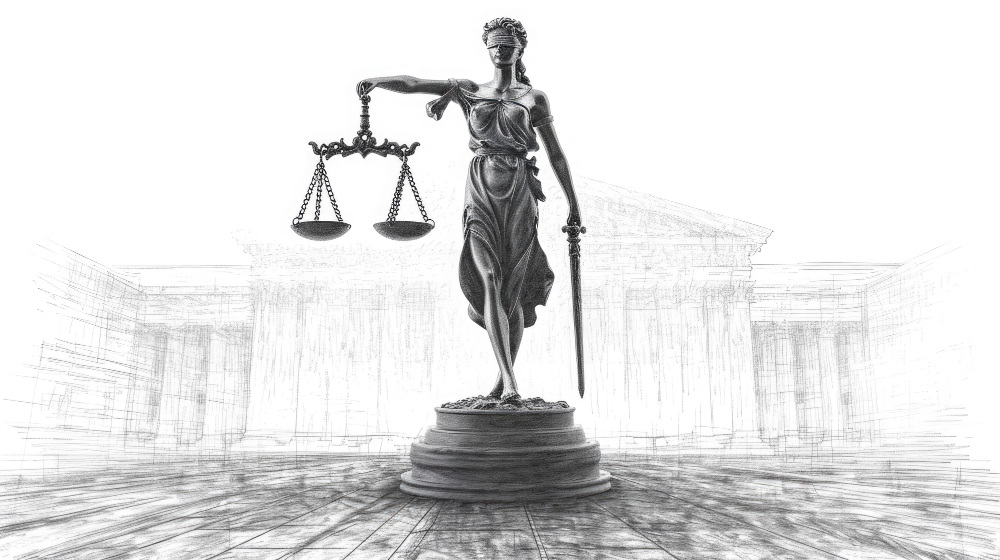AI is rapidly reshaping India’s legal sector, as law firms and research platforms deploy conversational tools to address mounting caseloads and administrative strain.
SCC Online has launched an AI-powered legal research assistant that enables lawyers to ask complex questions in plain language, replacing rigid keyword-based searches and significantly reducing research time.
The need for speed and accuracy is pressing. India’s courts face a backlog exceeding 46 million cases, driven by procedural delays, documentation gaps, and limited judicial capacity.
Legal professionals routinely lose hours navigating precedents, limiting time for strategy, analysis, and client engagement.
Law firms are responding by embedding AI into everyday workflows. At Trilegal, AI supports drafting, document management, analytics, and collaboration, enabling lawyers to prioritise judgment and case strategy.
Secure AI platforms process high-volume legal material in minutes, improving productivity while preserving confidentiality and accuracy.
Beyond private practice, AI adoption is reshaping court operations and public access to justice. Real-time transcription, multilingual translation, and automated document analysis are shortening timelines and improving comprehension.
Incremental efficiency gains are beginning to translate into faster proceedings and broader legal accessibility.
Would you like to learn more about AI, tech and digital diplomacy? If so, ask our Diplo chatbot!










